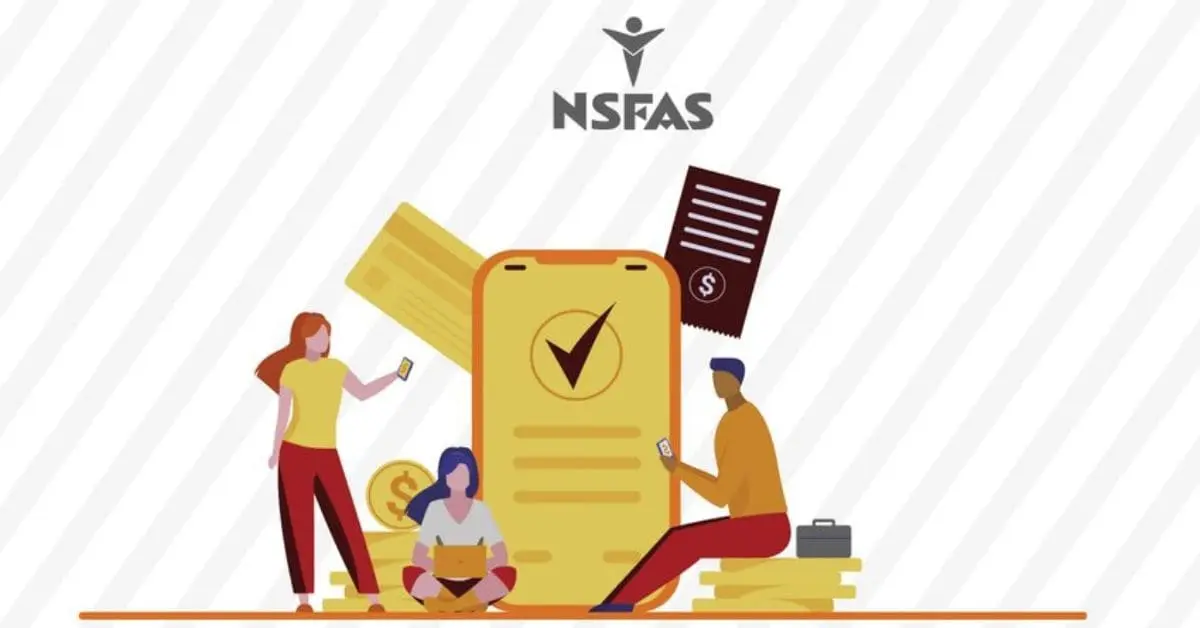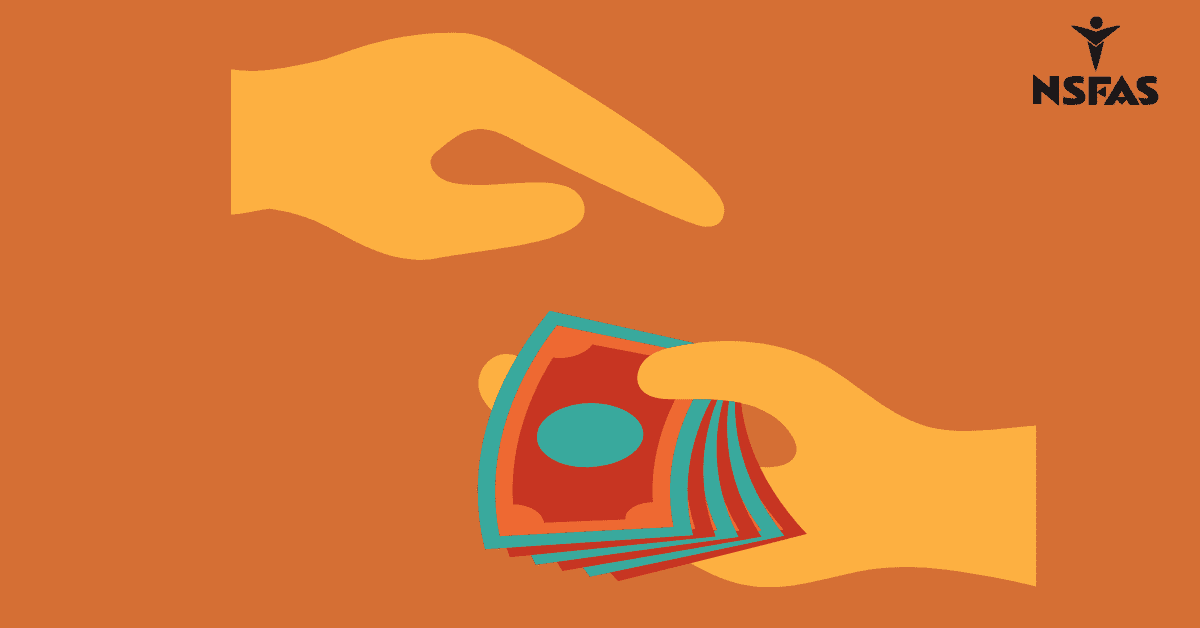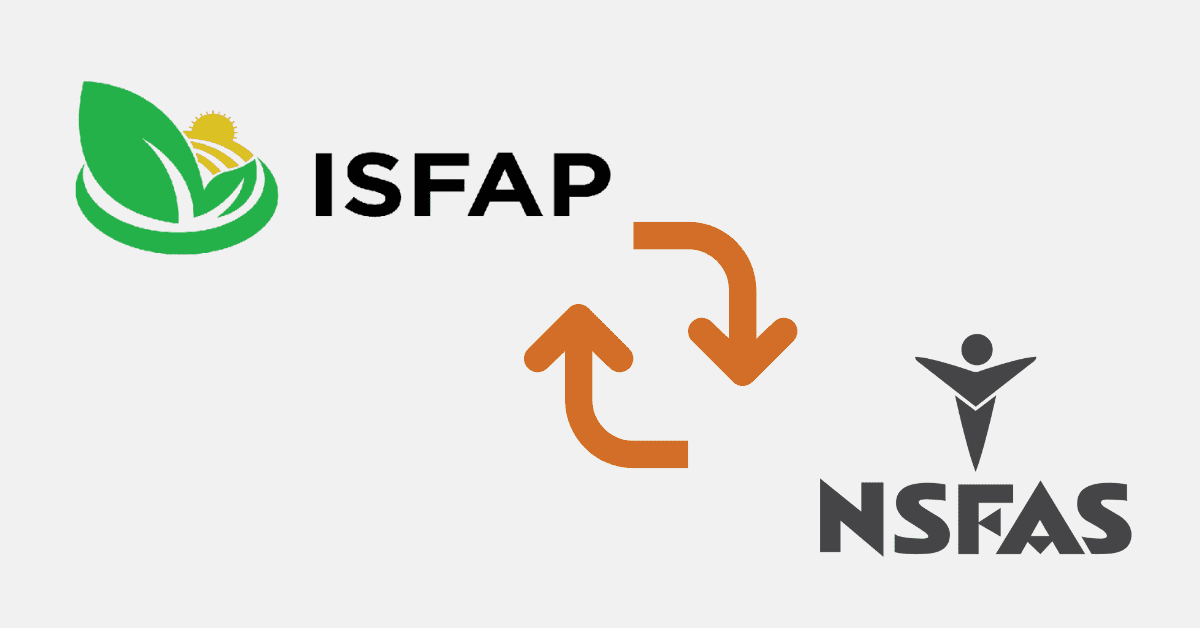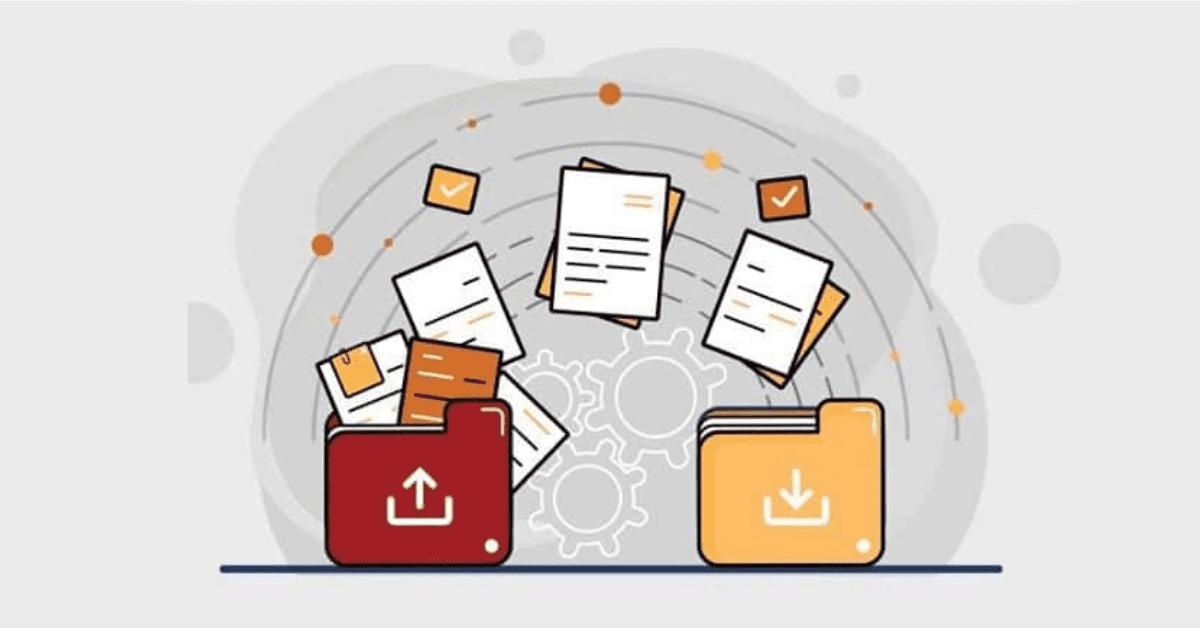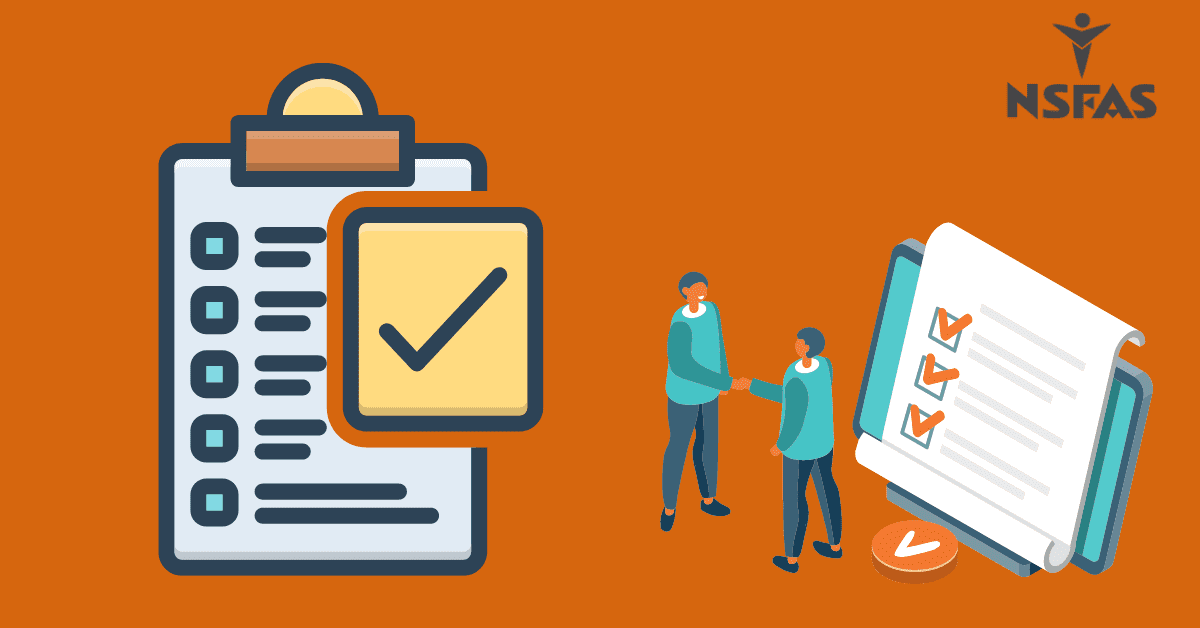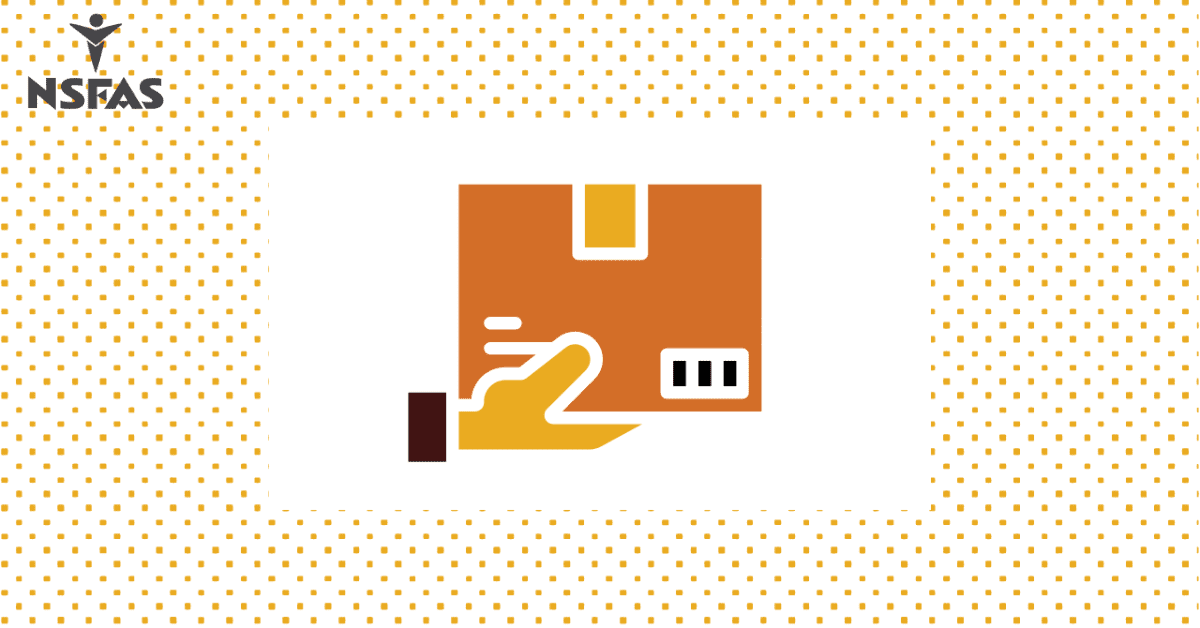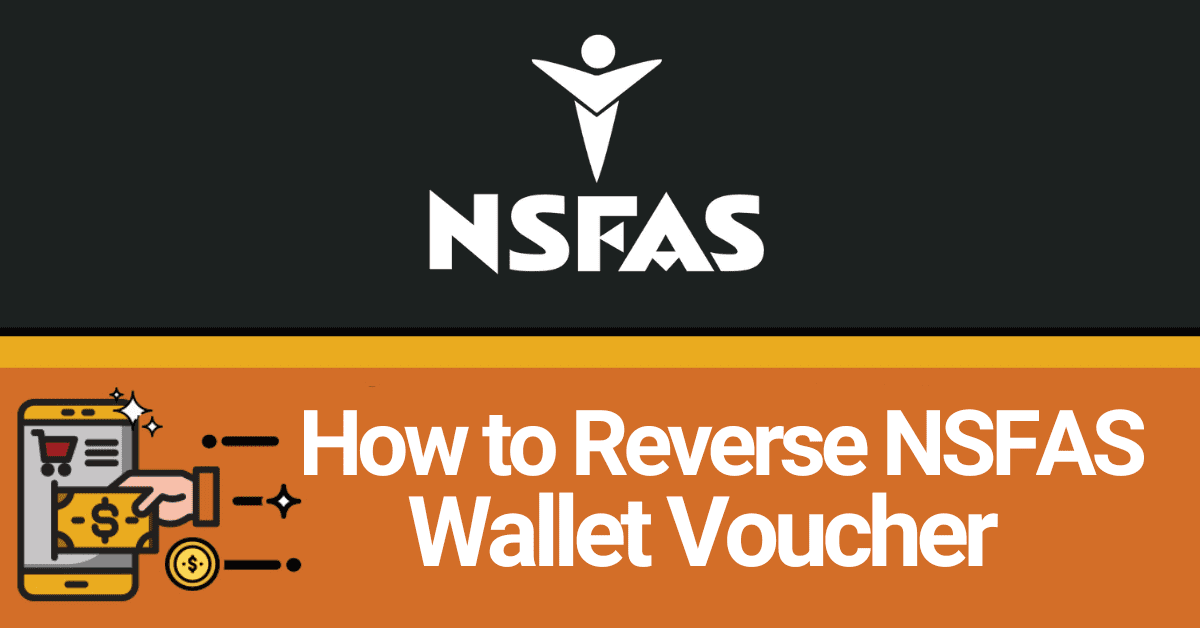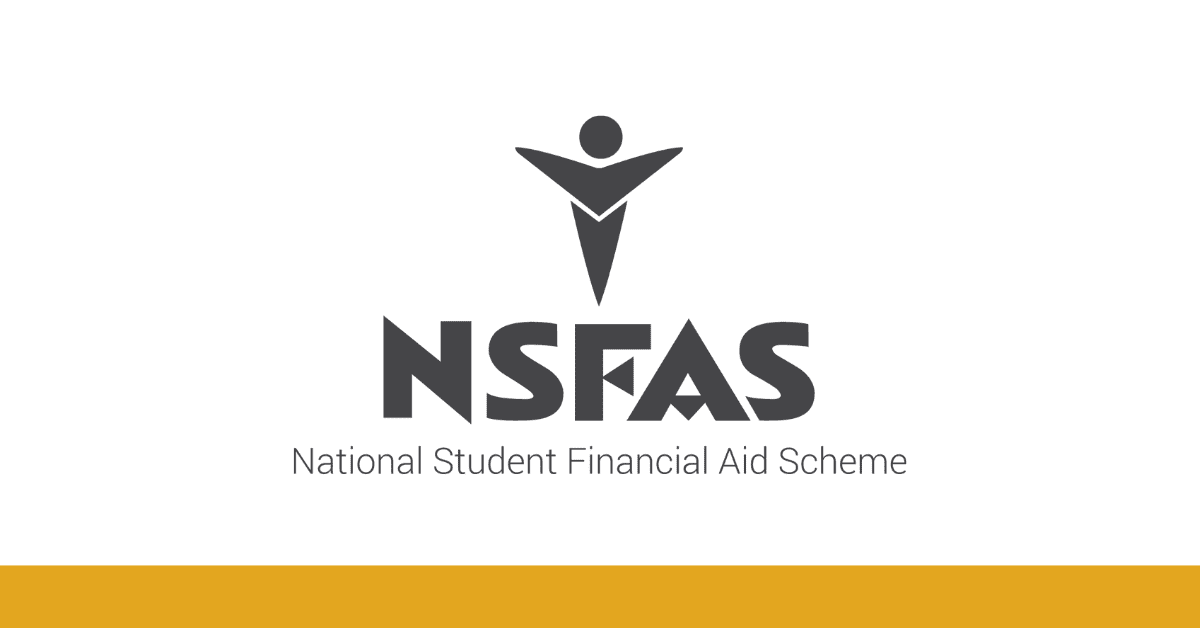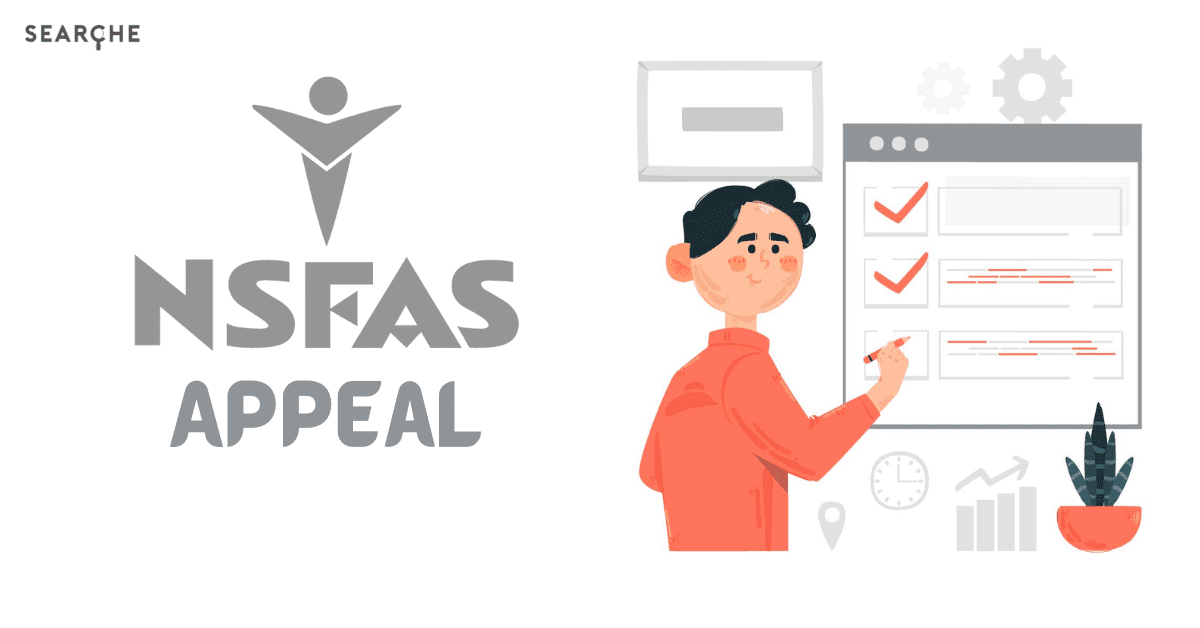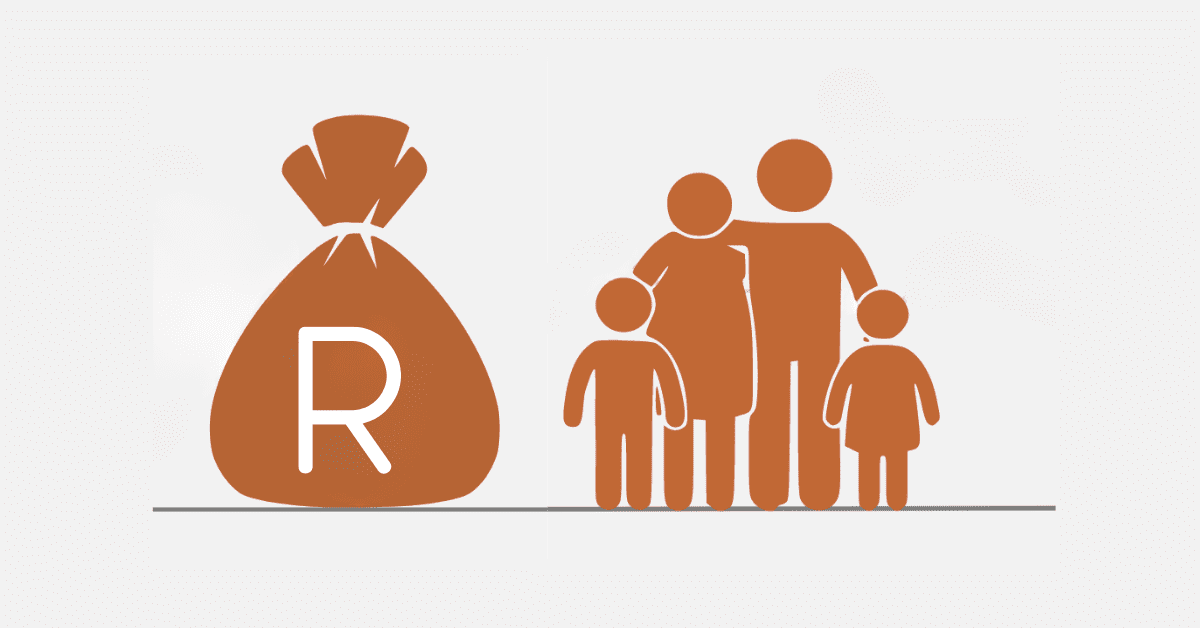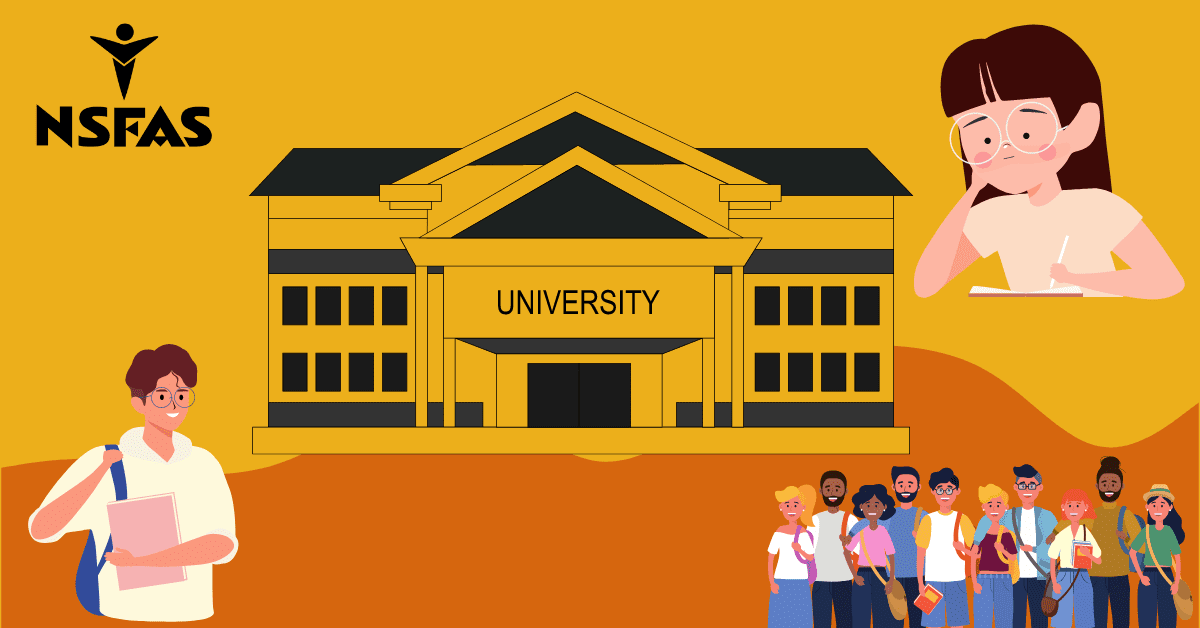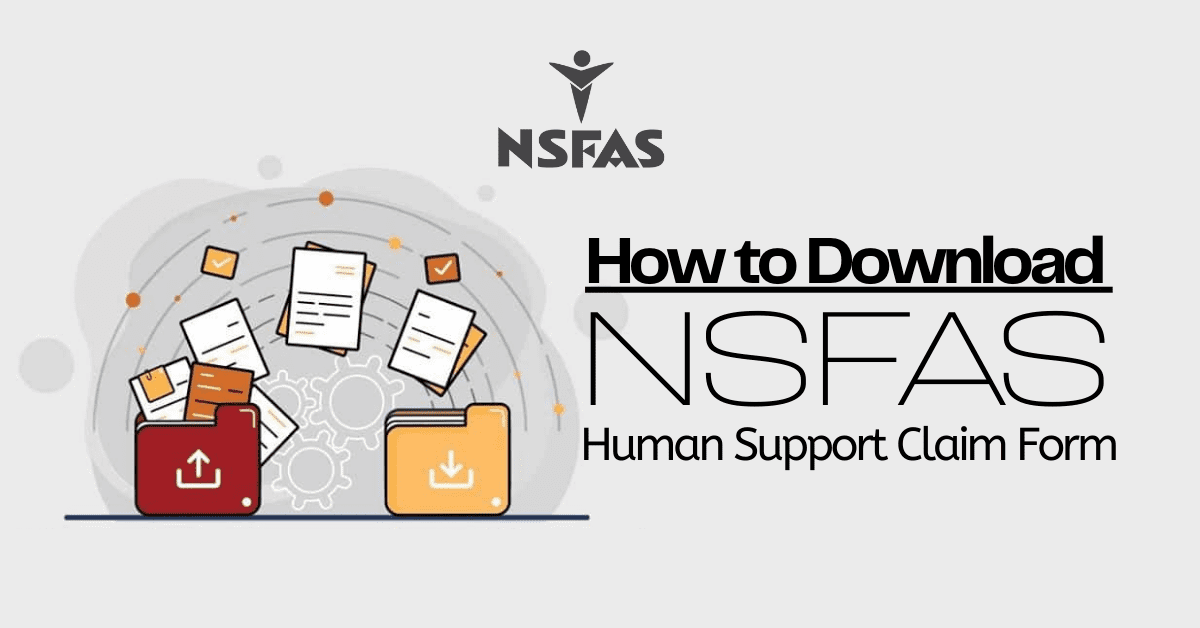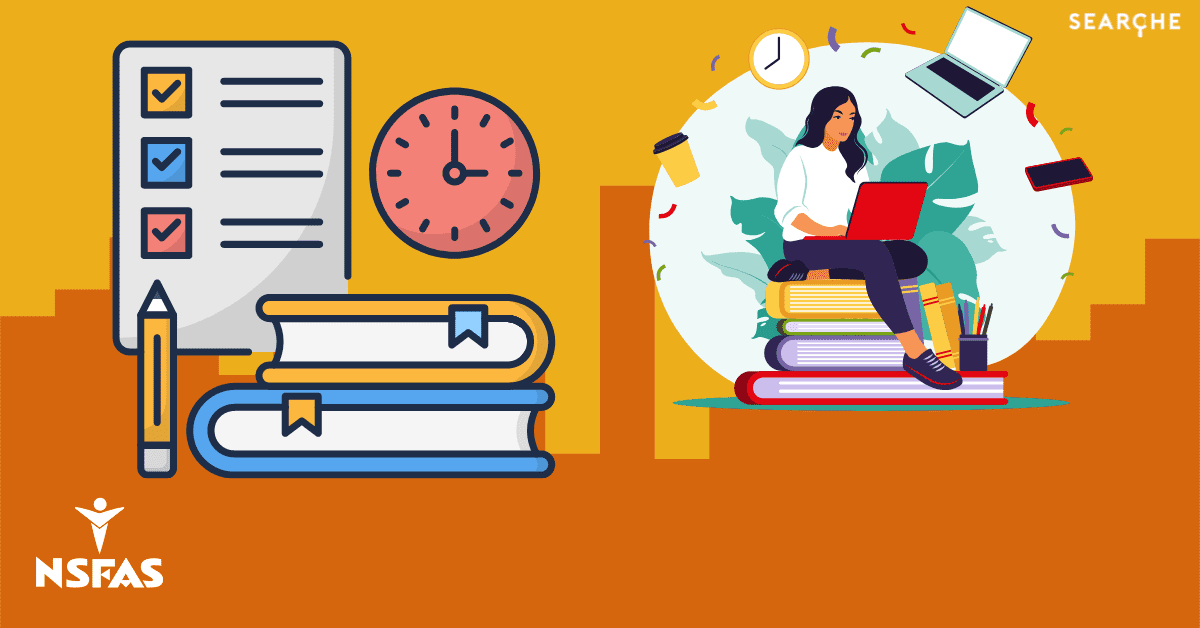For thousands of South African students matriculating in 2025, getting a tertiary education means unlocking enormous opportunities and income potential in the future.
Going to a tertiary institution, whether a university or TVET college, isn’t financially feasible. Enter NSFAS. NSFAS gives you the financial backing to pursue your tertiary education. This guide details how you can get NSFAS funding in 2025.
Step-by-Step Process On How To Apply For NSFAS Online
Applying for NSFAS online is a straightforward process. You can complete the process in under 30 minutes and — if necessary — return to your application form if you didn’t complete it the first time. However, provided you have your documents, you should be able to submit your NSFAS application on the first attempt.
Step 1: Visit NSFAS Website
Start by visiting the NSFAS website: https://www.nsfas.org.za.
Step 2: Select MyNSFAS
Click on “MyNSFAS” at the top of the page. You will be redirected to the MyNSFAS page.
Select “Create an Account” if you haven’t received NSFAS funding before.
You will now be required to enter your details, including your ID number, cell phone number, and email address. You will also be required to enter a password.
Keep this password safe, as this is the same password you’ll use throughout your time as an NSFAS-funded student.
Step 3: Sign in to Your NSFAS Account
Once you’ve created your NSFAS account, you’ll need to log in using those credentials before you can apply.
Step 4: Complete the NSFAS Online Application
Once you’re in your account, you can choose to apply for funding. Navigate to “Apply” to get started.
Insert Your Address
During the application process, you’ll have to enter your residential address. You’ll start by entering your residence’s street address, then select the province, city, and postal code.
Input Your Academic Background
You need to select your race and whether or not you have a disability.
You will then need to enter the highest academic level you’ve achieved. If you’re in matric, you’ll select Grade 11.
You will also need to enter the name of the last school you attended (high school). Follow the prompts to find your school.
Choose Which University or TVET You’re Applying to and your Field of Study
Start by selecting whether you’re applying to study at a TVET college or university.
Then select the choices you’re applying to in order of preference — your preferred tertiary institution you’ll select, second, second, and so on.
You also need to choose your field of study in order of preference.
If your course is not on the list, select “Undefined.”
Step 5: Upload Supporting Documents
Now, you’ll need to upload your supporting documents.
This includes a copy of your ID:
- Copy of green barcoded ID, back and front of a smart ID, copy of a birth certificate, or copy of temporary ID.
Proof of parents/guardian/your income:
- A salary slip or pension slip.
Note: If your parents are unemployed or have informal work, you can upload their recent bank statement and/or affidavit signed by them stating this.
SASSA recipients:
- If your parents, guardians, or you receive SASSA, upload a copy of a letter from SASSA stating this.
Disabled Applicants:
- Upload a completed Annexure A form, which you can download here.
Important Note:
All supporting documents must be in PDF format. Therefore, when scanning and downloading your relevant documents, ensure you save them as PDFs.
Step 6: Submit Your Application
Once you’ve uploaded all your supporting documents, you can click submit.
If you can’t complete the online NSFAS application form, you can do it at one of their application centres.
How To Apply For NSFAS At the Application Centre
If you don’t have access to a reliable internet connection or require more direction with your application, you can visit an NSFAS application centre. Applying through an application centre is also a two-step process, with most of the legwork being the documents you need to prepare.
Ensure You Have an Accessible Email Address and Phone Number
To apply for an NSFAS account, you will need an email address and phone number. This information is critical for NSFAS to communicate with you.
If you don’t have an email address, you should consider getting one through Yahoo, Google, or Outlook. These are reliable free ways to get an email.
The cellphone number you’re using will be most critical as it’s the one NSFAS will use for future communication. It should not be the number for another student — present or past — and you should be able to reach it whenever necessary.
Prepare Your Documents
Visiting an NSFAS application centre is pointless unless you have all the documents on hand.
While NSFAS can help you with certain documents — like a vulnerable child declaration form, declaration form for non-SASSA, and disability Annexure A form — you’ll need to ensure you bring along documents like your ID or birth certificate, proof of your parents’/guardians’/partner’s income, and copies of your parents’/guardians’/partner’s IDs.
Visit an NYDA Centre or Application Partner
NSFAS has partnered with the NYDA and other local organizations (Thusong Center) to enable in-person applications. You can find a list of application centres by clicking here.
Who qualifies for NSFAS Funding?
NSFAS funding is only applicable to students who meet certain criteria.
- SASSA Recipients
- Applicants with a combined income of up to R350,000 a year
- Disabled Applicants with a Combined Income of up to R600,000 a year
- South African citizens
- Individuals who’ve passed Grade 9 (NQF 1) and Grade 12 (NQF 4)
Supporting/Required Documents For NSFAS Application
These are the supporting documents you’ll need for an NSFAS application:
- Copy of Your ID
- Copy of your parents/guardian/spouse ID (where applicable)
- Proof of parent/guardian/your income (bank statement or salary slip)
- An affidavit signed by a parent in informal work (if applicable)
- Official SASSA Letter (for SASSA recipients)
- Annexure A for disabled applicants
- Declaration form for non-SASSA recipients
- Vulnerable child declaration form for those with absent parents or no contact with parents
What Does the NSFAS Bursary Cover
For most students who qualify for an NSFAS Bursary, the bursary is all-inclusive. However, what you’ll receive as part of your bursary will depend on whether you’re studying at a TVET college or a university.
TVET Colleges:
Students attending a TVET college receive up to R34 250 a year in allowances and funding. This figure excludes tuition and registration fees, which NSFAS pays directly to colleges. Also, NSFAS divides this amount among accommodation, transport, and an allowance.
Accommodation:
For TVET college students, how much you receive for accommodation will depend on where your accommodation is located.
- Urban accommodation, students will receive R24,000 a year.
- Peri-urban accommodation students will receive R18,900 a year.
- Rural accommodation students receive R15,750 a year.
Transport
For transport, TVET college students receive between R7,000 and R7,350 a year to travel up to 40km to a college.
Personal Care/Allowance
Every month, students will receive about R241.67 a month (R2900 a year) as a personal care allowance.
Universities:
Besides tuition fees, registration fees, and accommodation, university students will receive up to R30,600 a year in various allowances.
Living Allowance
Students receive R15,000 a year in living allowances paid monthly.
Transport
R7,500 a year is allocated for transport of up to 40km to the university.
Accommodation
University residences are paid directly to the university and don’t have a limit attached. However, students residing in private accommodation should not have their accommodation costs exceed that of the university’s residence.
Students receive a R5,200 annual book allowance for learning material according to DHET guidelines.
Personal Care/Incidentals
University students residing in catered residences receive R2900 a year — paid in monthly increments — for incidentals and personal care.
Note: UNISA students will only have their tuition covered, a personal care allowance, and a book allowance.
Who Should Not Apply for NSFAS?
NSFAS is there to bridge the gap for impoverished, lower, and middle-income households to gain access to tertiary education that would otherwise be out of reach or unaffordable through a typical student loan.
Learners Receiving a Full Bursary from Another Organization
If your university attendance is being fully funded by another organization, you can’t apply for NSFAS. You can only apply for NSFAS if you’re receiving a partial bursary.
Students Who Reside in a Household with an Income Higher Than R350,000 a Year
This figure increases to more than R600,000 a year for disabled students.
Individuals Who Intend to Study at a Private Institution
NSFAS only funds undergraduates and diplomas at public institutions. If you want to pursue studies at a private institution, NSFAS will not provide funding.
Individuals Wanting to Take a Short Course at a University
NSFAS only funds accredited TVET courses and undergraduate programs. Therefore, most short courses will not be funded by NSFAS.
Individuals Who Already Have a Diploma or Undergraduate Degree
NSFAS doesn’t fund individuals who already have a diploma or undergraduate qualification. TVET graduates may still pursue an undergraduate program.
When Can I Apply For NSFAS 2025?
Applications for the 2025 academic year open on 1st September 2025 and end on 31 January 2025.
For TVET students, NSFAS opens applications three times a year.
Application cycles for TVET Colleges are as follows:
National Certificate Vocation (NC(v)
- Semester 1/Trimester 1: Beginning of the year (contact TVET for information)
- Semester 2: June/July (walk-in)
- Trimester 2: May
- Trimester 3: September
Where Do I Apply For NSFAS?
The easiest — and quickest — way to apply for NSFAS is online.
However, you can also apply for NSFAS by visiting an NYDA office or one of NSFAS’ other partners.
Do I Need To Apply For NSFAS Every Year?
No, NSFAS doesn’t require students to apply for funding every year. Instead, you will receive your allowances, and your tuition will be paid for the duration of your studies without any need for you to reapply every year.
If you have any further questions regarding applying for NSFAS, you can reach out to them via email at info@nsfas.org.za or call them on 080 006 7327.
You can also get them on Twitter @myNSFAS or Instagram @myNSFAS.

